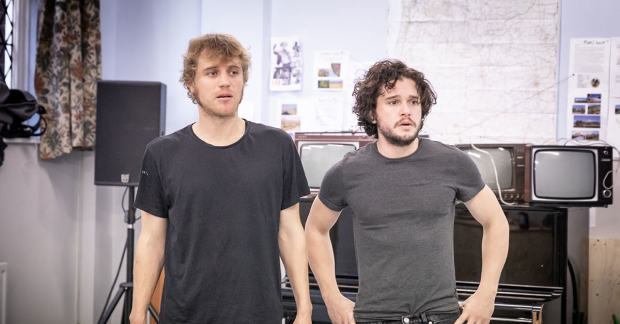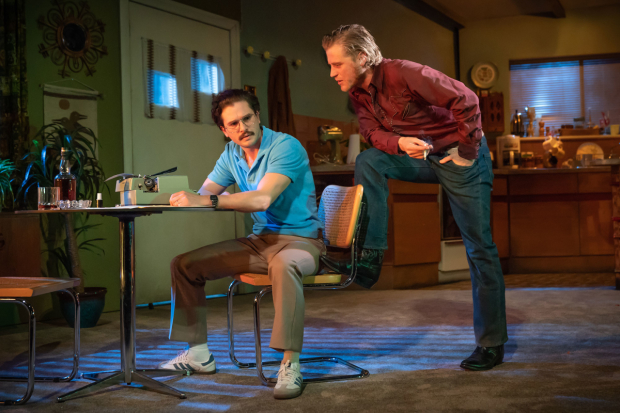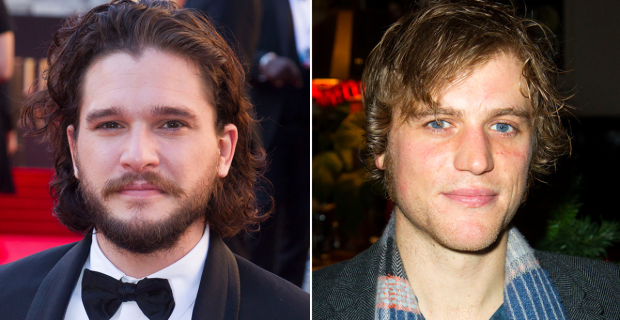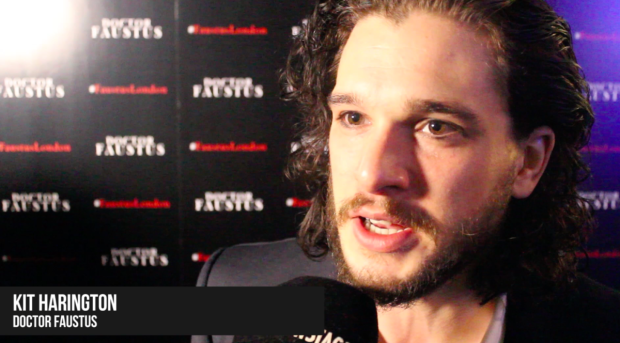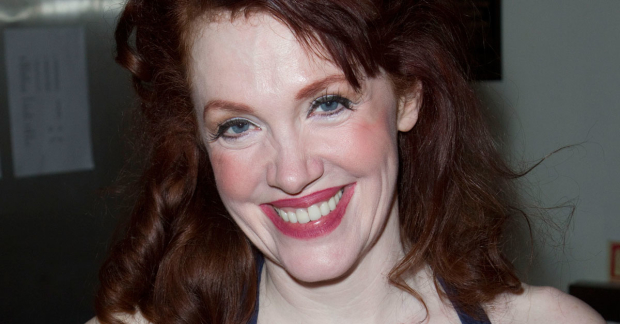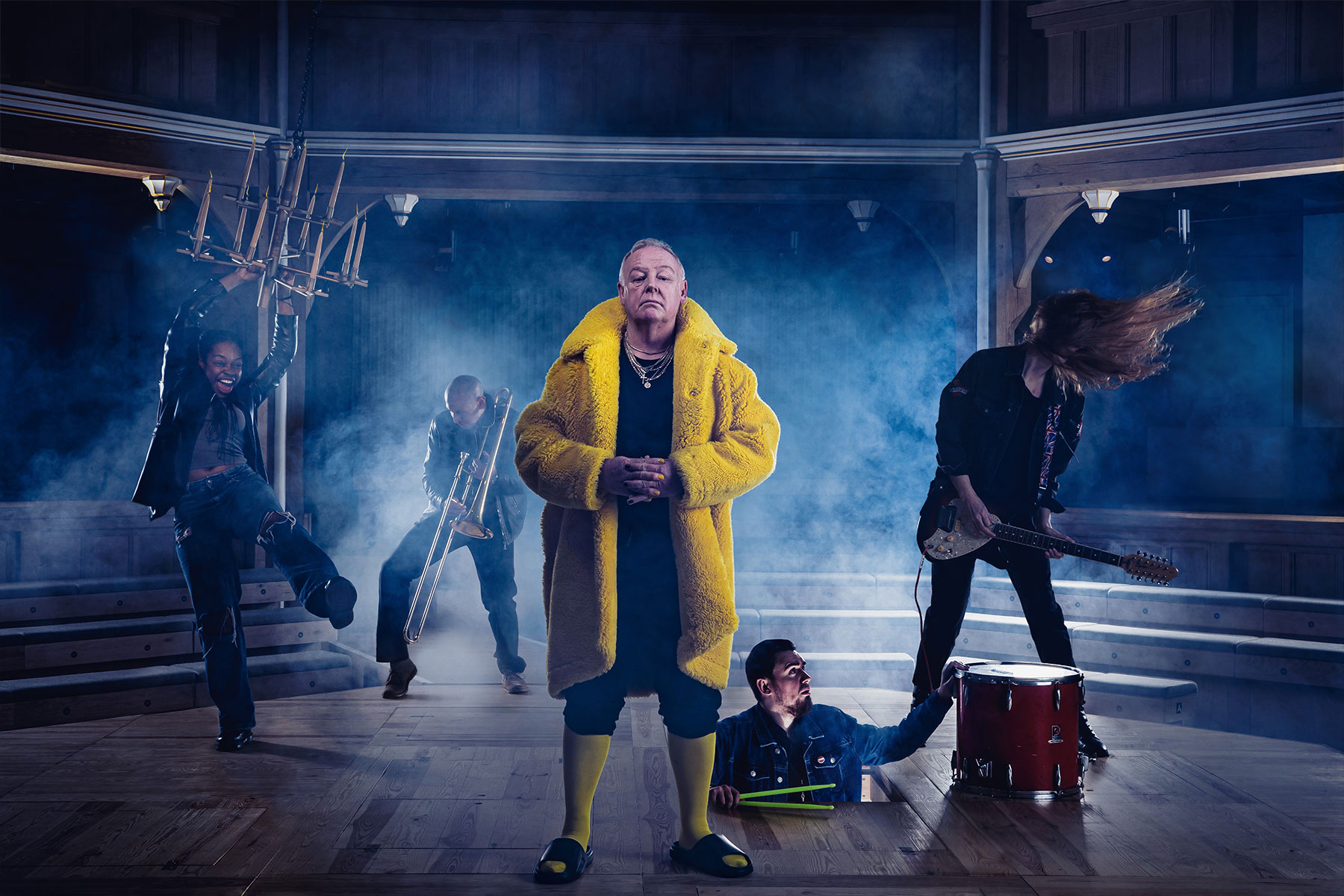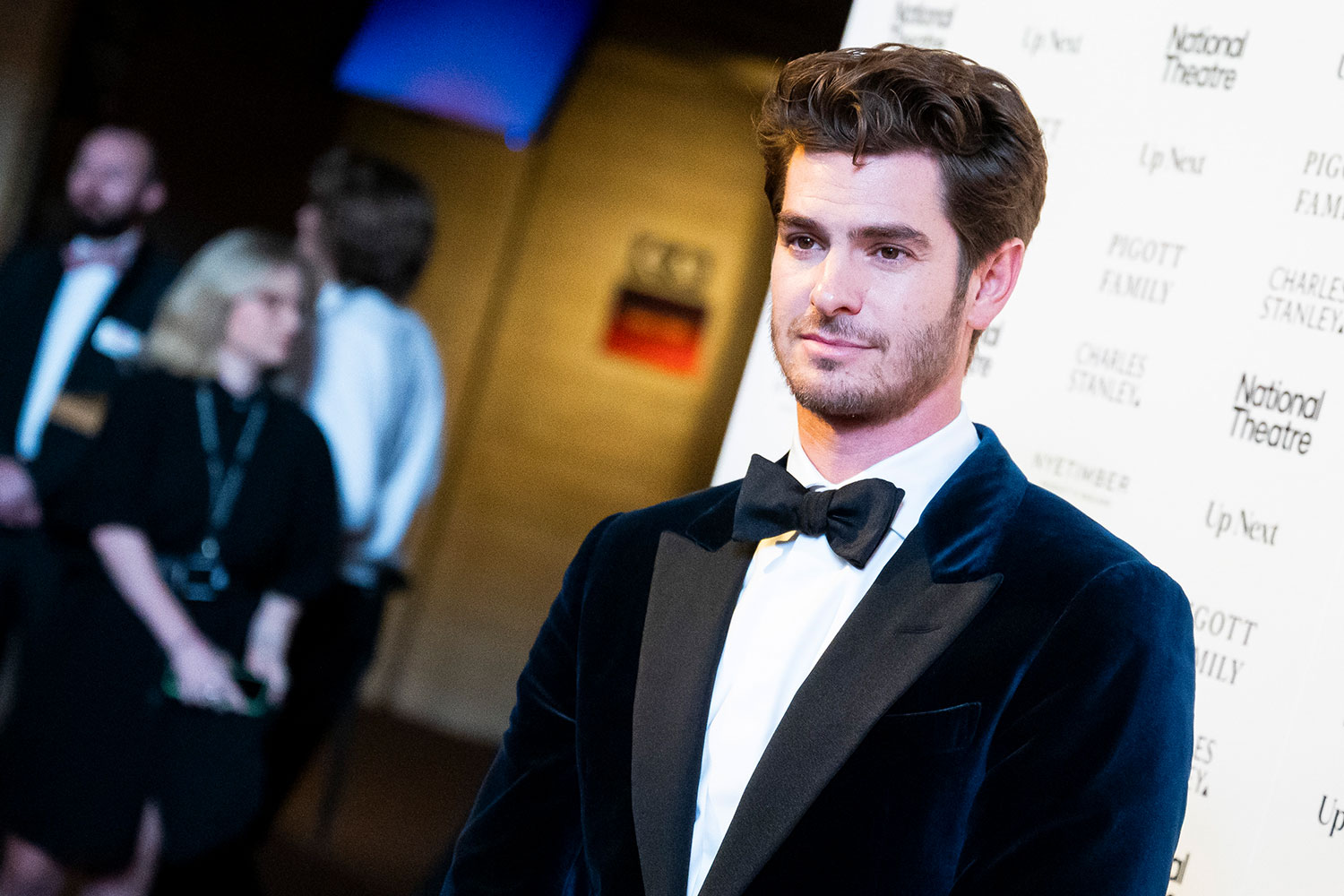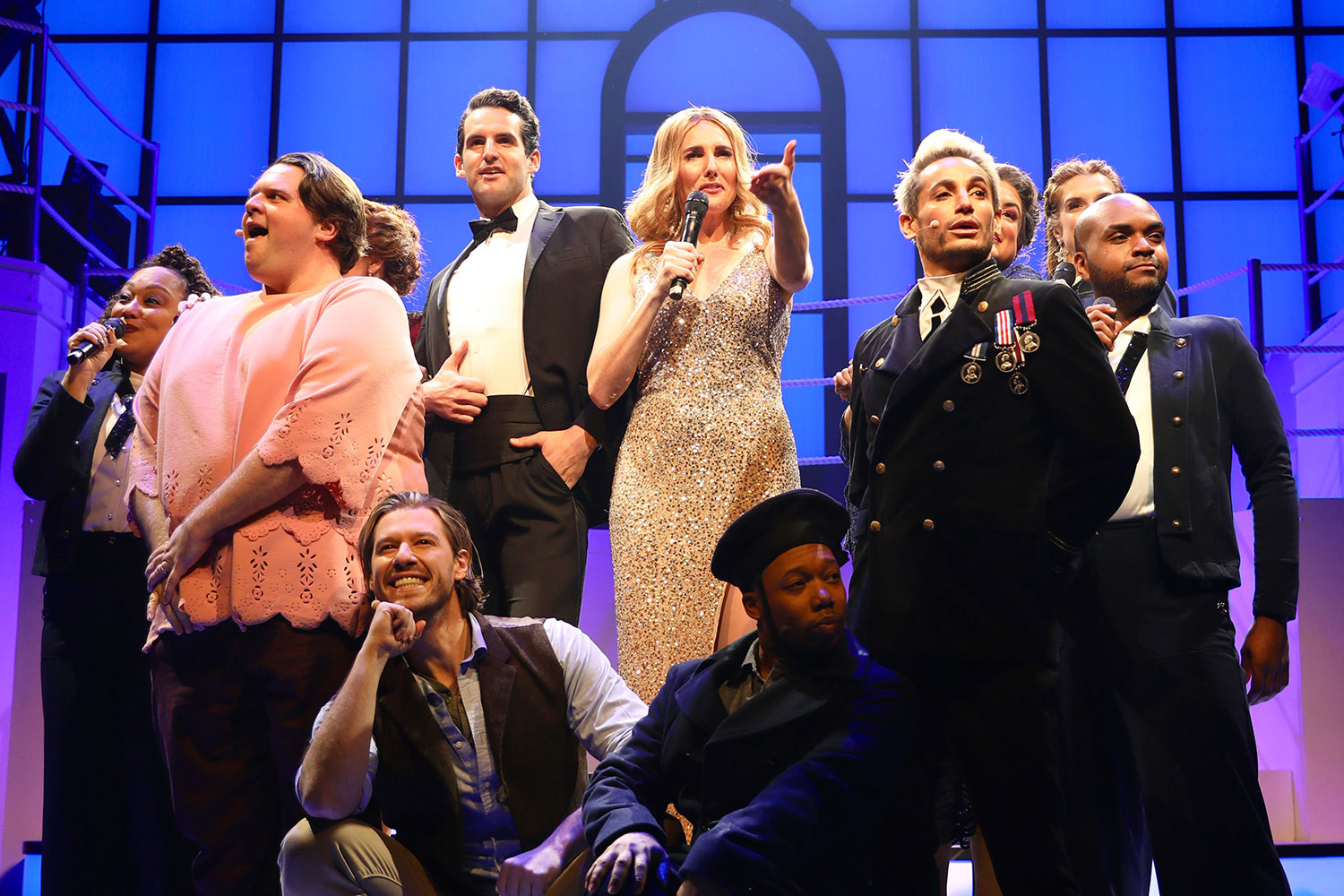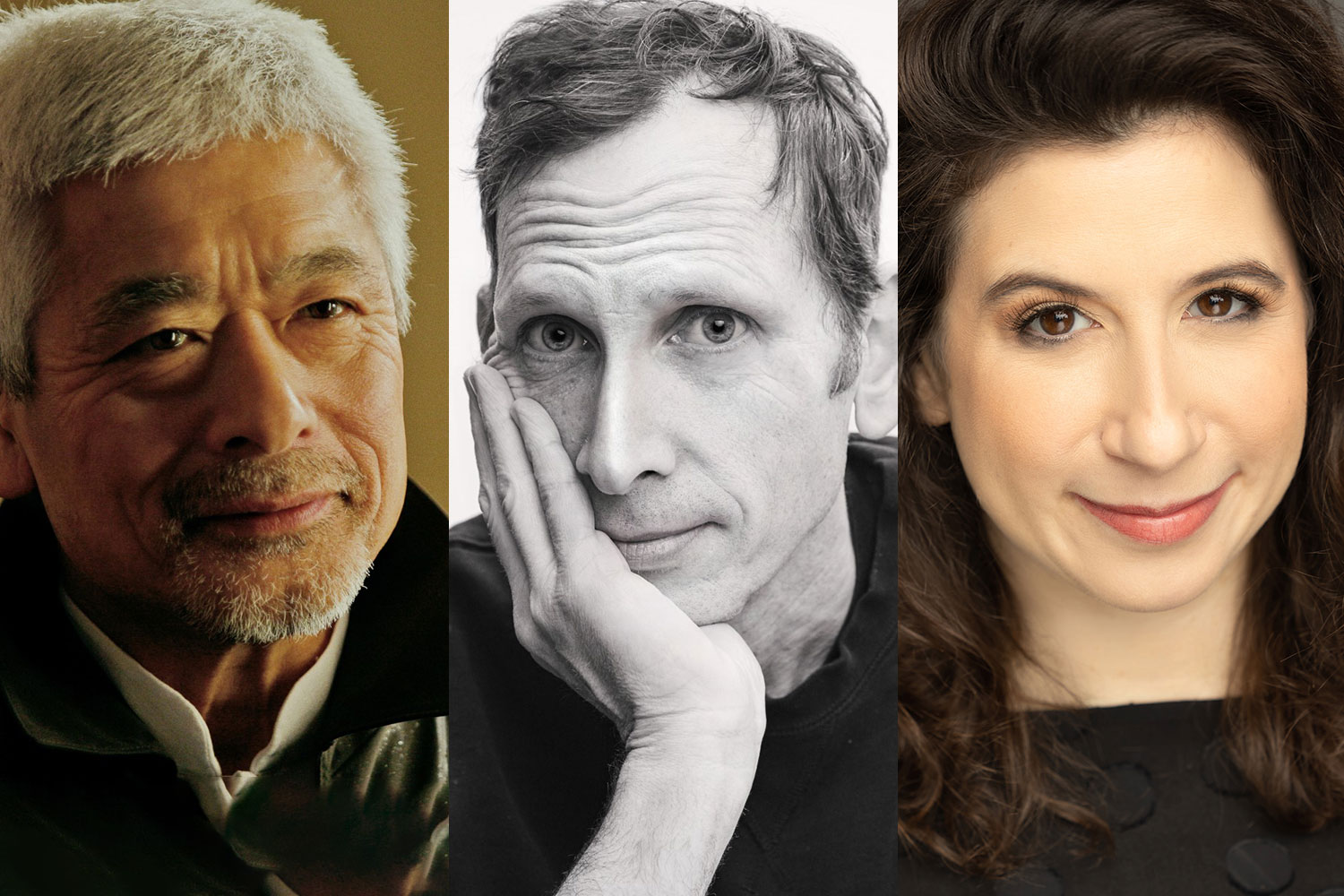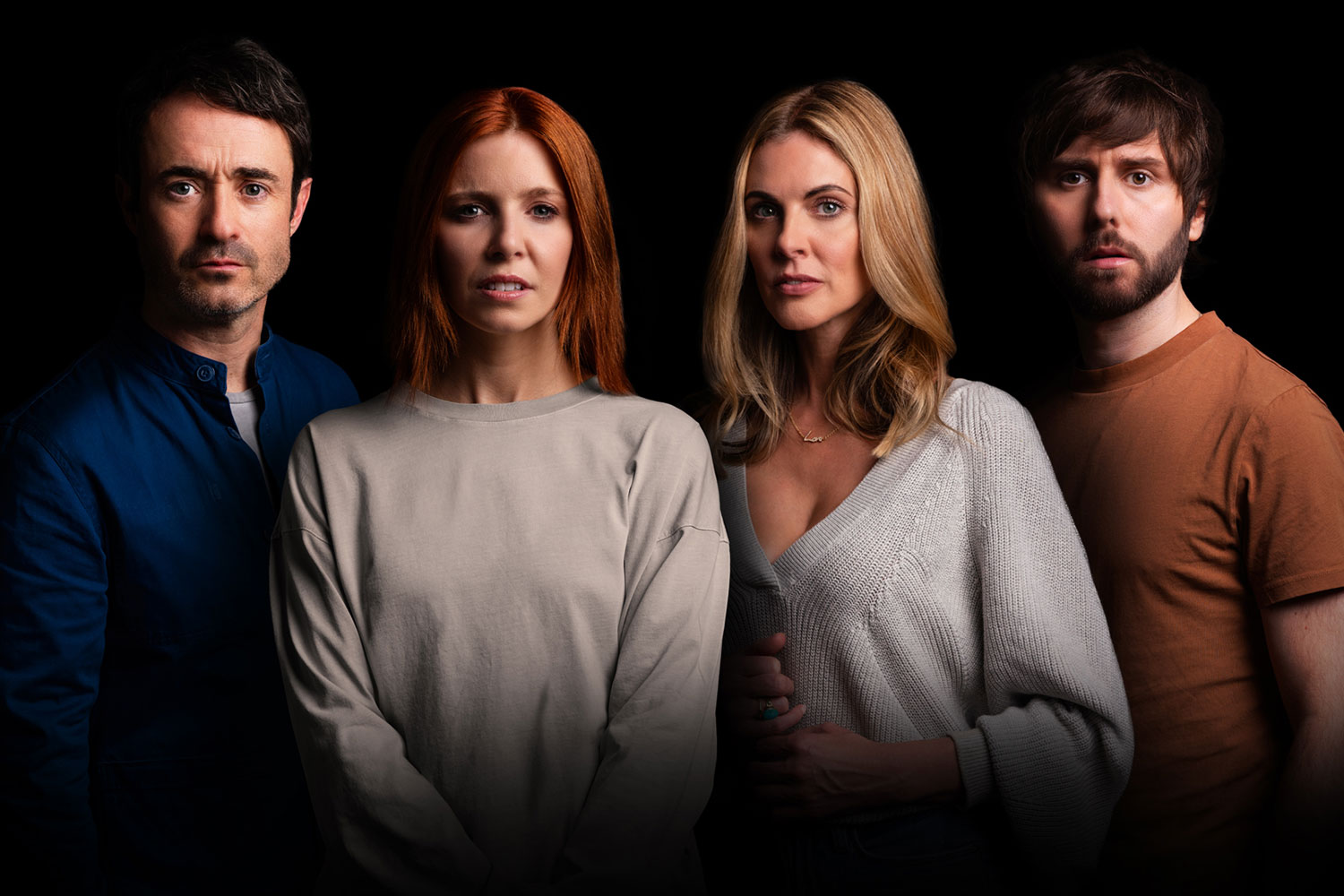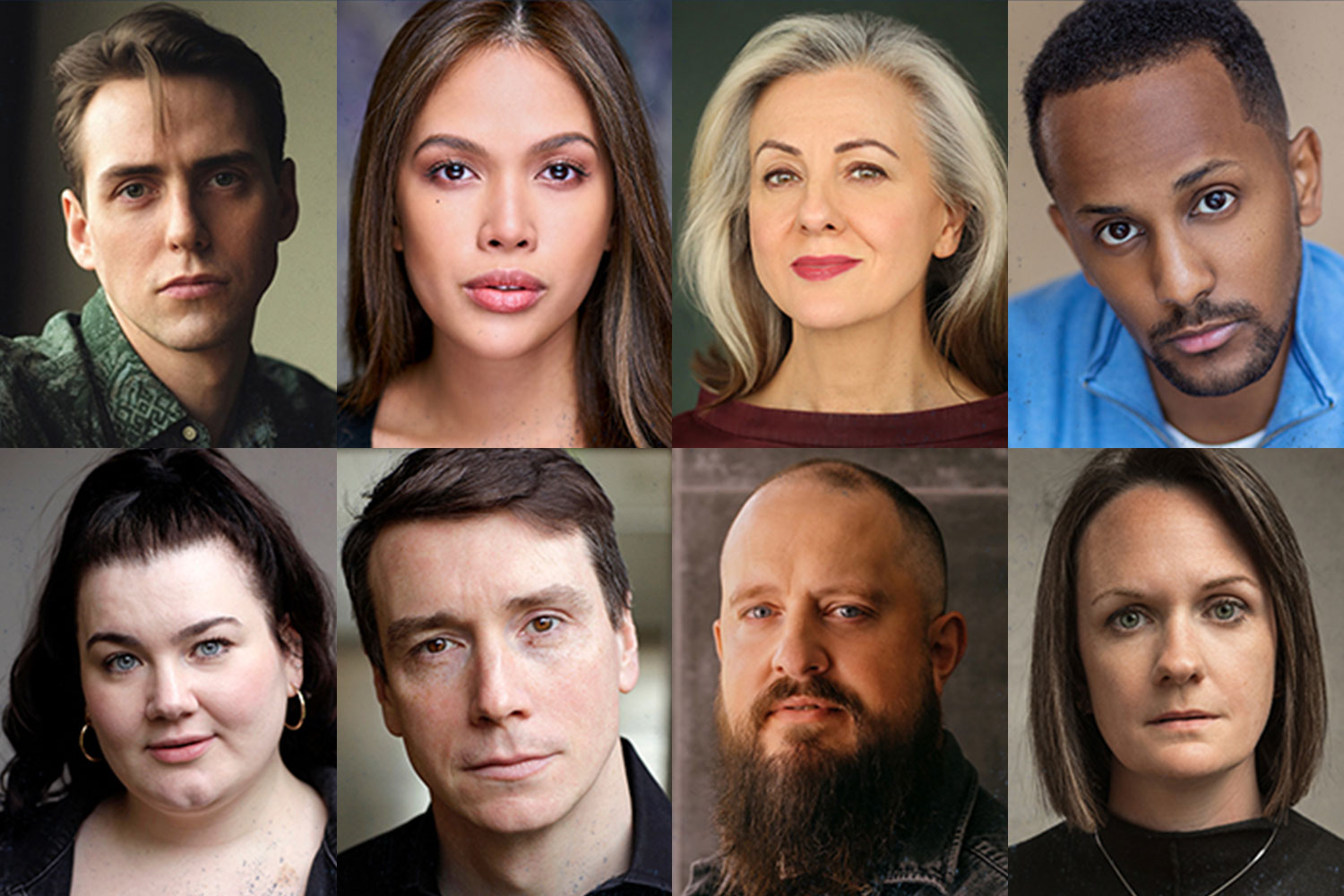Review: True West (Vaudeville Theatre)
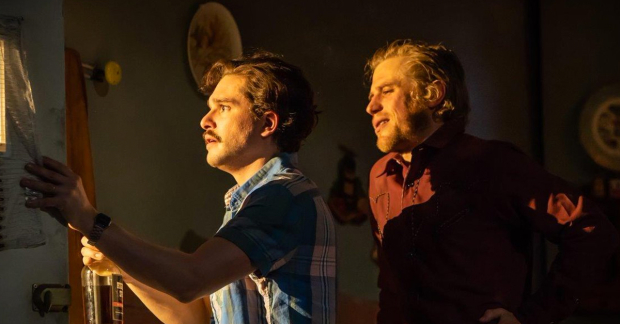
© Marc Brenner
This revival of Sam Shepard's 1983 play about two warring brothers has been trailed as a tribute to the late, great playwright who died in 2017 from the complications of motor neurone disease, at the age of 73.
Anticipation ran high when two young and acclaimed actors, Kit Harington and Johnny Flynn, were cast as the fractious siblings, respectively playing Austin (Ivy-league educated screen writer) and Lee (petty criminal and drifter), who come together after five years over a sweltering few days in Southern California when all kinds of festering resentments and jealousies rise to the fore.
But the result is a disaster, one of the worst acted and least convincing productions of any Shepard play that I have ever seen, one that reduces a resonant masterwork to an incomprehensible screaming match. Shepard must be spinning in his grave.
Harington at least deserves credit for shedding his Game of Thrones good looks and attempting to play against type. In unattractive T-shirts and schoolboy shorts, he makes Austin a twitching wimp of the worst order, a neurotic bundle of insecurity who flinches every time Lee comes anywhere near him. As Lee, Flynn (seen recently on TV in Vanity Fair) rages and pouts, with plenty of bravado and energy, but never for a second suggests the feral danger that the older brother's character surely needs to possess.
It is as if, finding a sketch of what they think their characters are, they decided to stick with it; both are so thin as to be transparent, they have no depth or complexity. Crucially, you never believe these men are brothers, that they have a shared past – or that each sees in the other elements of character and behaviour that they admire and wish to emulate. That is why, when a movie producer (Donald Sage Mackay) prefers Lee's outline for a movie to Austin's, mayhem and madness result. Here there is no desperation, no fear, no danger; all that occurs in the second half is that Flynn shouts more and Harington pretends to be drunk.
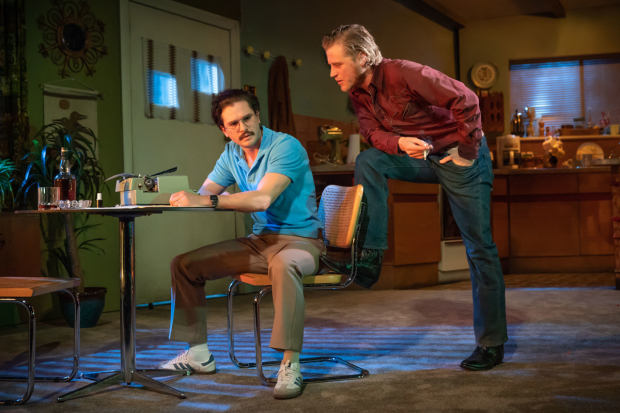
© Marc Brenner
You can only wonder what went on in the normally reliable Matthew Dunster's rehearsal room to allow such one-dimensional portrayals to emerge. Shepard, like Pinter, is an actors' writer; he relies for his effects on finely calibrated performances that capture the precise mixture of naturalistic and poetic that makes his plays have such resonance. He needs rhythm, changes of tone, assurance, to hone his meaning. If you just bulldoze over his dialogue and turn his people into sinecures then all his resonance vanishes.
At its best, True West can be a play that mines the original biblical battleground of jealousy between brothers to suggest ideas about creativity, about the compromises between freedom and responsibility, and above all about America's definition of itself, about the True West that is both the desert and the film industry, the cowboy and the screenwriter, that spark well beyond its constricted setting.
Here Dunster choses to play it both as farce and fantasy, introducing elements of trance into its realistic setting. He muffs the play's best joke – about a collection of stolen toasters – by an over-elaborate and hard-to-see staging and over-complicates its dreamy, powerfully-poised vision of the desert. Everything is simultaneously over-emphasised and underwhelming. It is a dreadful waste of an opportunity to celebrate Shepard – and of everyone's time.



